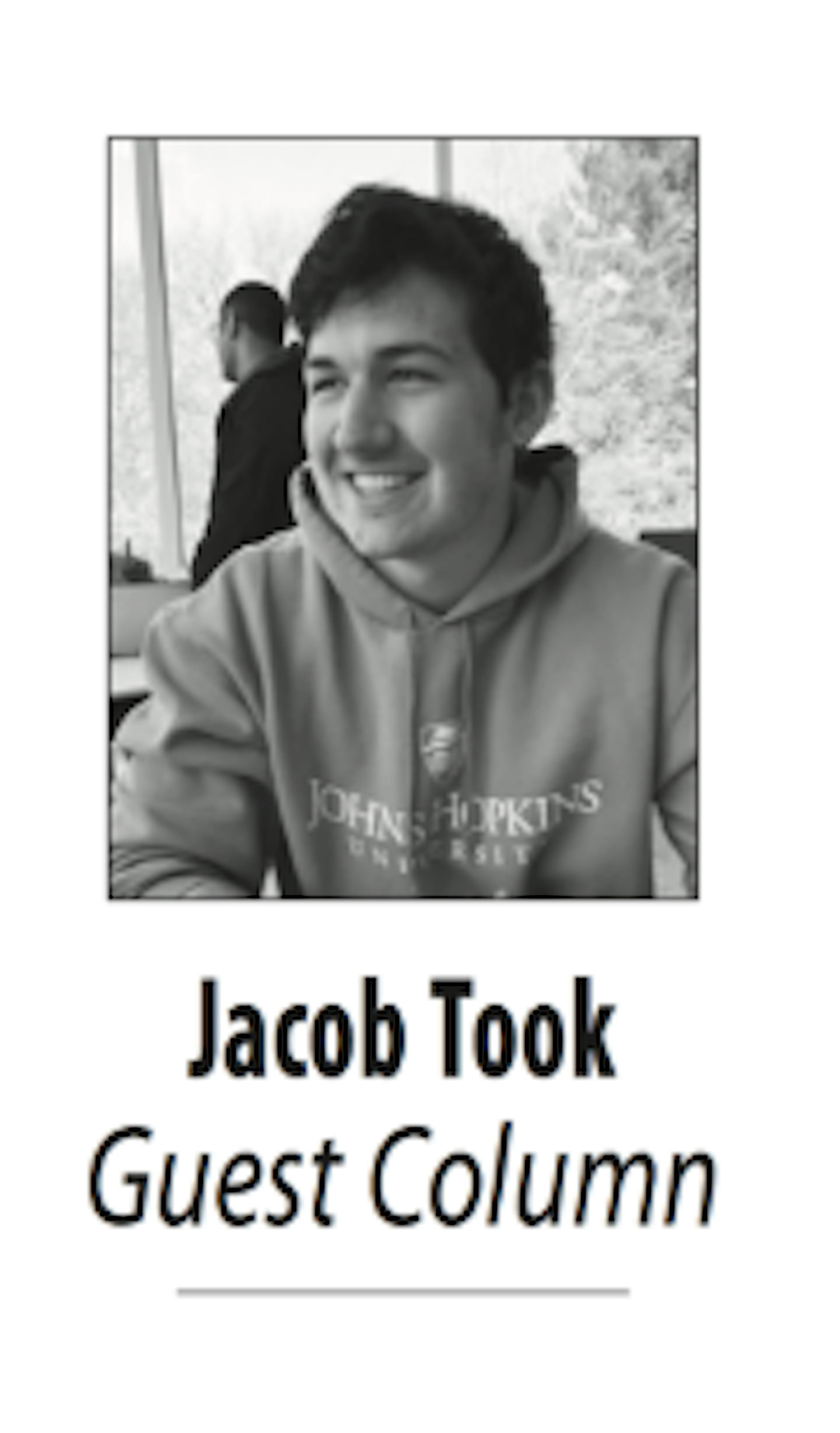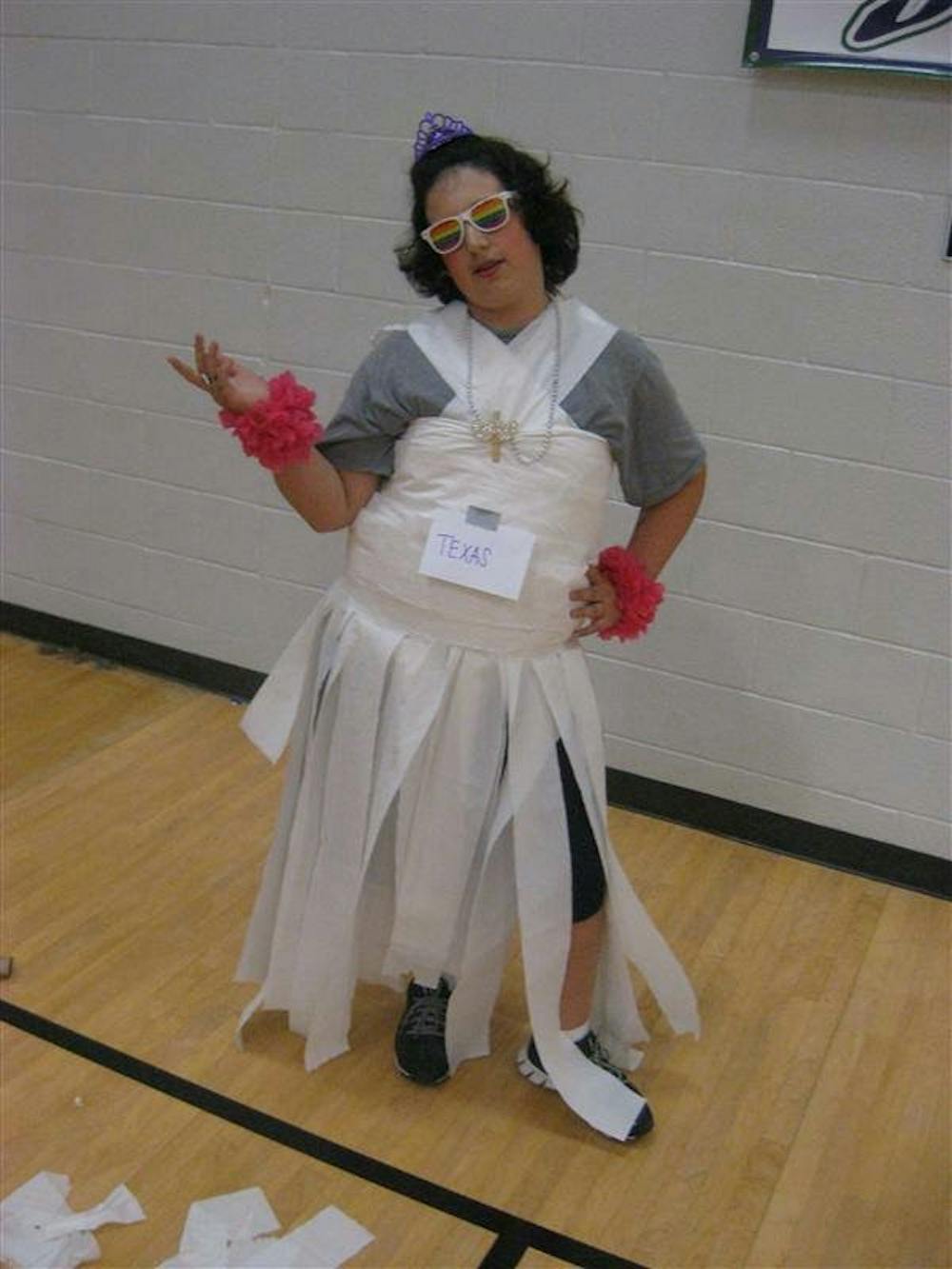
Growing up, I always hated my body. I was fat, and I was not happy about it. I hated eating in public because I felt embarrassed. Shopping for clothes was a nightmare, and whatever I ended up with would still be too tight in some places and too baggy in others. I worried that I’d never be able to get girls.
After freshman year of high school, I went to a weight loss camp. We spent hours each day working out, learned to cut fat out of our diets and monitor what we ate. And it worked. I continued to lose weight that fall, basking in the glow of compliments on how much better I looked. I relished the freedom of shopping for jeans with a 32-inch waist. I came out — I’ve written already about how losing weight let me embrace my queerness.
Since then, I’ve regained the weight I lost. I’ve never been very good at motivating myself to work out. I like eating tasty food, and I’m not going to let a tub of Ben & Jerry’s just sit in my freezer. I’m fat. It’s a little more evenly distributed because I’m taller than I was, but I’m fat.
That is not a label I take on begrudgingly or with shame. I don’t hate my body like I did when I was younger — in fact, I love the way I look. For some reason, though, whenever I use the word fat to describe myself, other people think it’s an invitation to weigh in (pun intended).
My fatness comes up quite a lot. With friends, it’s usually when I’m complaining about a store not having my size, or when I berate myself for “missing the gym” for two months in a row. With family, it comes up during the inevitable physical evaluation that occurs every time I meet one of my older relatives. It often comes up right before or immediately after a hookup. And it never gets any less awkward.
“You’re not fat though.” Thanks? I’m still not sure how to respond to this. Here’s what I’d like to say: You are so conditioned to think fat is a bad word that you feel the need to assure me that I Am Not Fat when that assurance is not only unnecessary but unwelcome. I am, in fact, comfortable identifying myself with the label fat and seek neither validation nor judgement from you. You can simply let me be fat.
But it’s more than that. You’re not worried about reassuring me. When you tell me I’m not fat, what you really mean is I’m not fat. Because by most objective measures I’m overweight. I have thick thighs and a thick belly. But when you tell me I’m not fat, what you mean is that I fall within the boundaries of normal fatness. Acceptable fatness. What you mean is at least I’m not, you know, fat fat.
In the effort to make fatness more acceptable, we have othered people who don’t fall into those boundaries. It’s all well and good to say “thick is in” and feel woke because on your last Tinder date you barely even noticed how big the other person was. But the aversion to the word “fat” shows that it’s still very much a dirty word. It may be a more restricted word, one that applies to fewer people, but the word clearly still carries negative assumptions and biases.
When I was growing up, I internalized the idea that being fat was bad. Fat meant ugly. Fat meant no self control. I watched both of my parents struggle with their weight — their weight, not their body image issues. I watched them strive to be skinny, making themselves miserable with diets and all kinds of other efforts to lose weight, and didn’t question why they had been taught that being skinny was better.
People come in all shapes and sizes, and being fat — any kind of fat — is totally fine! You can be fat and sexy — yes, both of those things at the same time! You can be fat and queer, too! Really, no joke! We as a society need to unlearn the idea that being fat is bad or wrong. I was taught to hate being fat so much that I hated myself. I, alongside every fat person reading this, am walking proof that fat is beautiful.

















